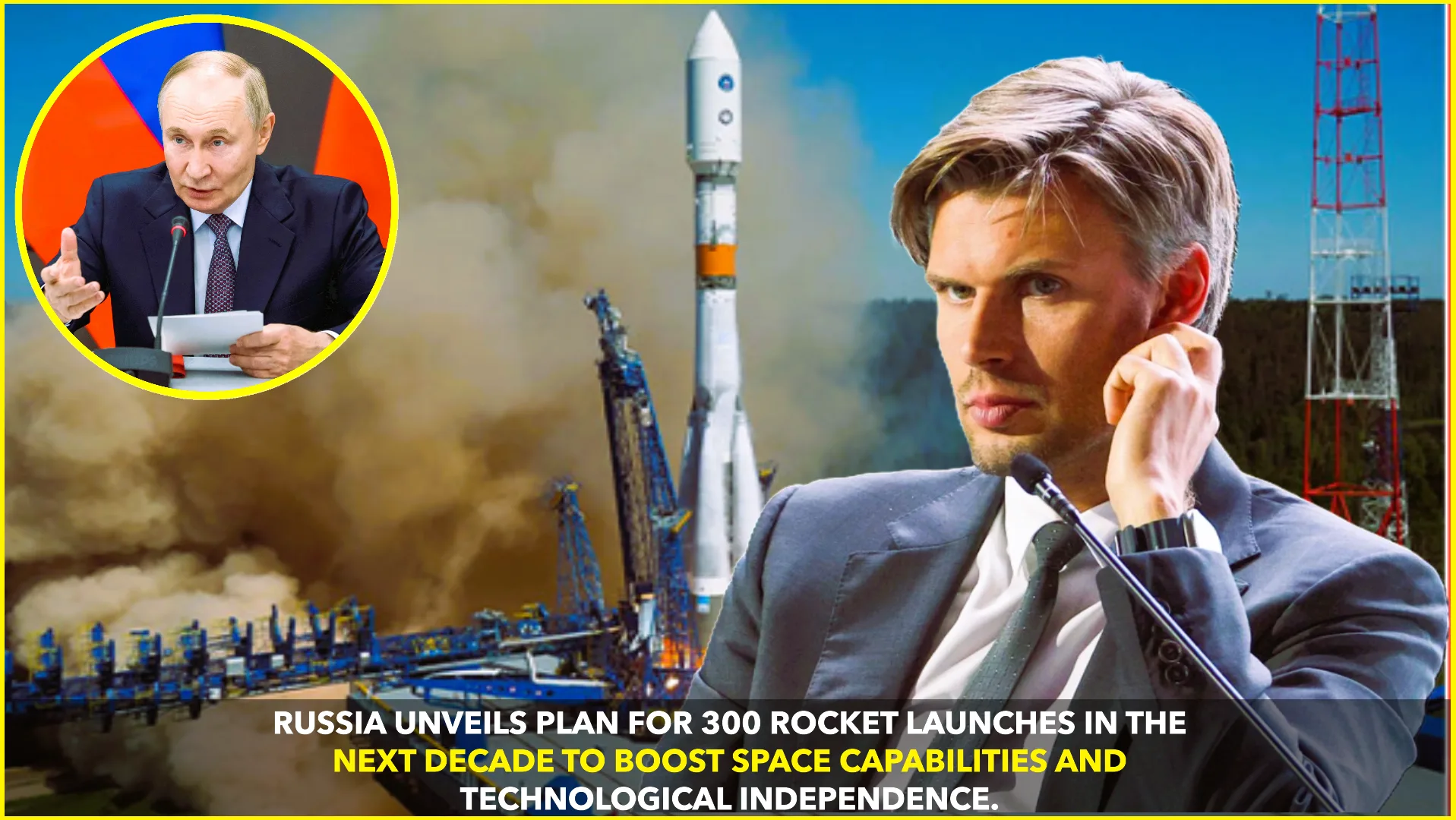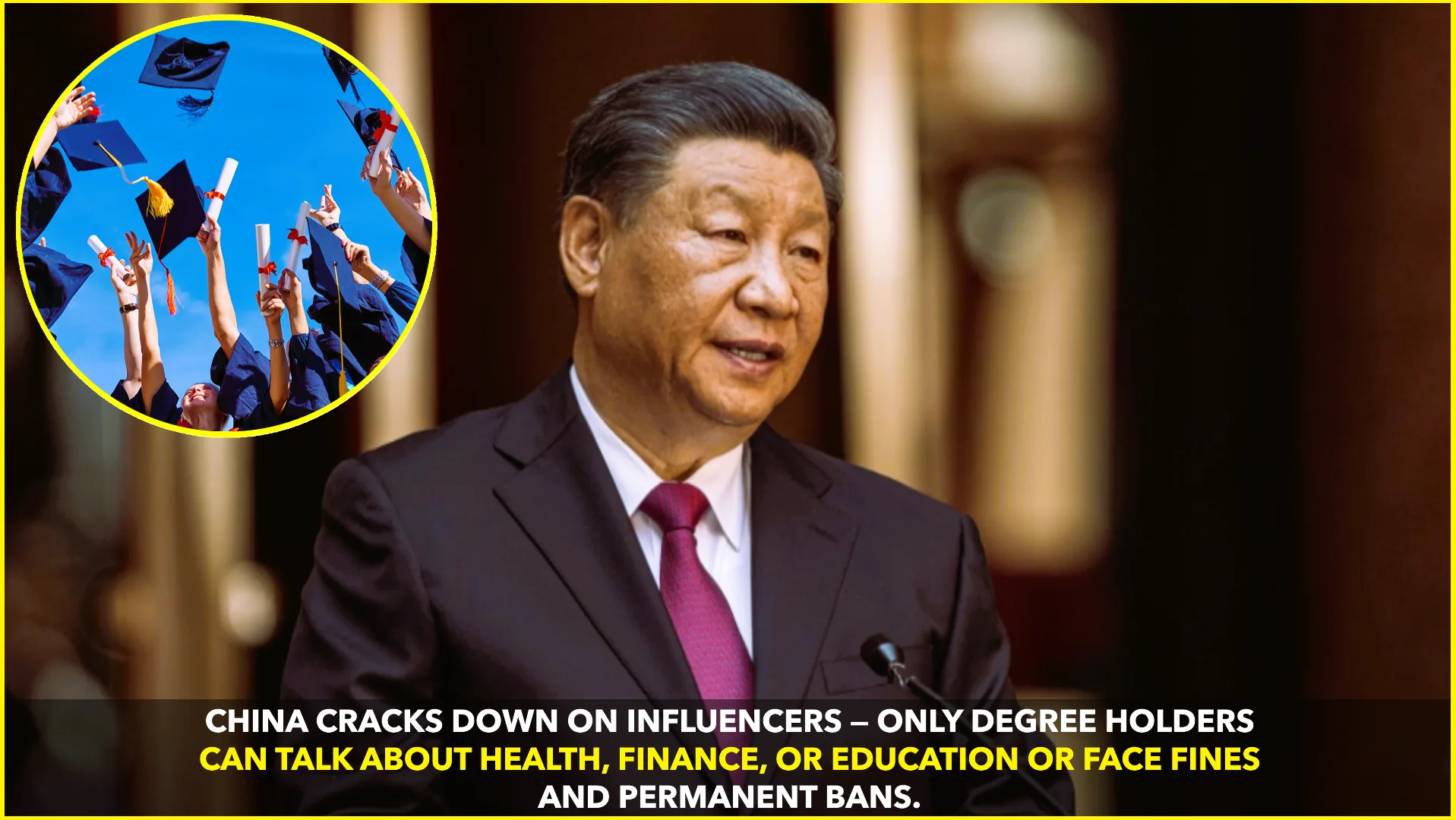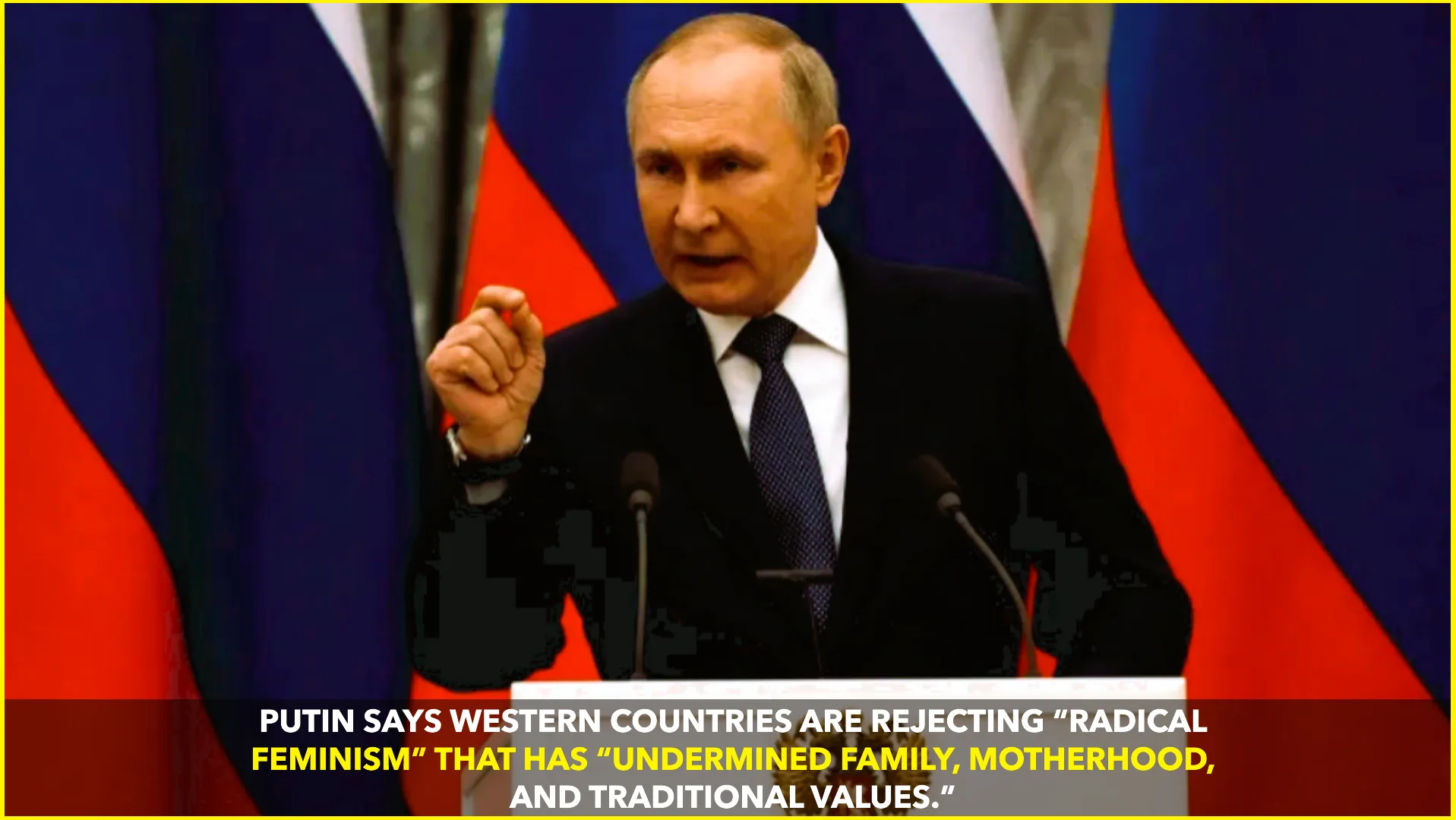In a significant move to bolster its position in the global space race, Russia has unveiled an ambitious plan to conduct 300 rocket launches over the next decade. Dmitry Bakanov, the head of Roscosmos, Russia’s state space corporation, announced this initiative during the Microelectronics 2025 forum. The plan underscores Russia’s commitment to advancing its space exploration capabilities and reducing reliance on foreign technologies.
A Strategic Leap in Space Exploration
The proposed program aims to launch between 20 to 30 rockets annually, nearly doubling the current launch rate. This ambitious target encompasses the production and deployment of 1,000 spacecraft, each comprising approximately 2,000 domestically developed components. The initiative is part of Russia’s broader strategy to enhance its technological prowess and maintain a continuous human presence in space.
Lunar Exploration and Satellite Development
A key component of the plan is the development of the Luna series of lunar missions. The first of these, Luna-26, is scheduled for launch in 2028. This mission marks a significant step in Russia’s renewed focus on lunar exploration, aiming to establish a sustainable presence on the Moon.
In addition to lunar ambitions, Roscosmos is accelerating the development of a satellite constellation to provide low-orbit broadband services, similar to SpaceX’s Starlink. The first batch of 300 satellites is set to launch by the end of 2025, with subsequent deployments planned to expand the network’s coverage and capabilities.
Advancements in Rocket Technology
Central to Russia’s space ambitions is the development of the Soyuz-5 (Irtysh) rocket. Designed to carry payloads of up to 17 tons to low Earth orbit, the Soyuz-5 represents a significant advancement in Russia’s launch vehicle technology. The rocket is currently in the final stages of development and is expected to play a pivotal role in the country’s future space endeavors.
Strengthening Domestic Capabilities
The ambitious space program also aims to stimulate Russia’s domestic electronics industry. By integrating thousands of locally produced components into each spacecraft, the initiative seeks to reduce dependence on foreign technologies and foster innovation within the country. This focus on domestic production aligns with broader efforts to enhance Russia’s technological sovereignty.
Global Implications and Future Prospects
Russia’s renewed focus on space exploration and technological advancement has significant implications for global space dynamics. By increasing its launch capabilities and expanding its satellite infrastructure, Russia aims to assert itself as a formidable player in the international space arena. The success of this ambitious program will depend on effective implementation, sustained investment, and international collaboration.
As Russia embarks on this bold journey, the global community watches closely, anticipating the potential advancements and contributions to space exploration that may arise from this ambitious initiative.










